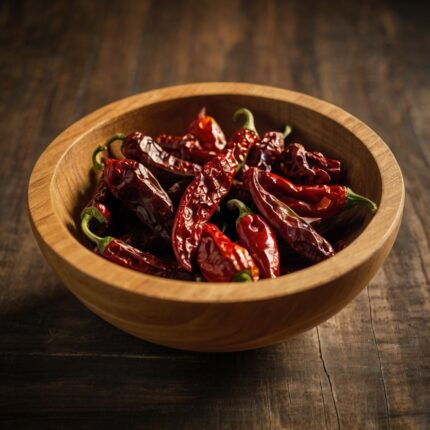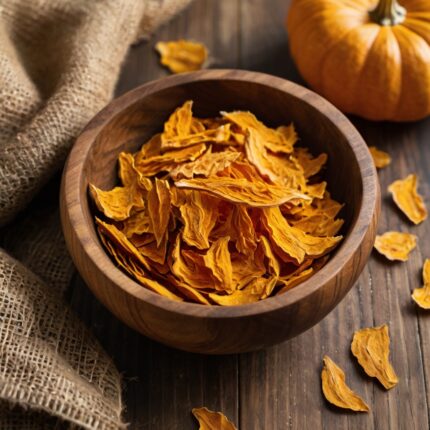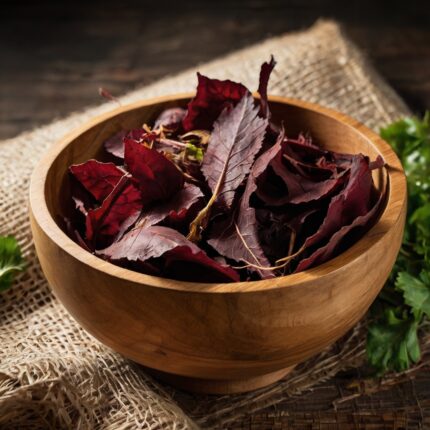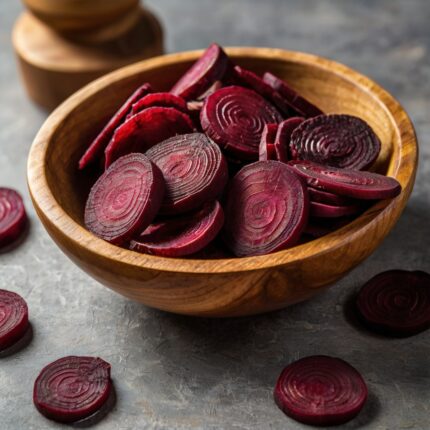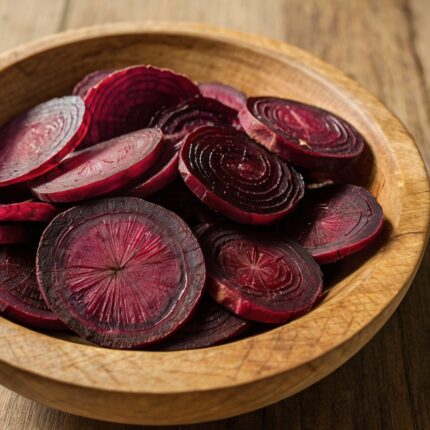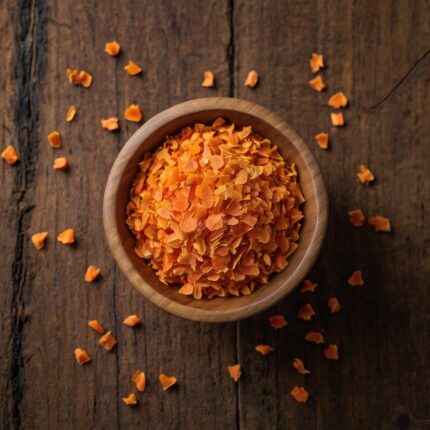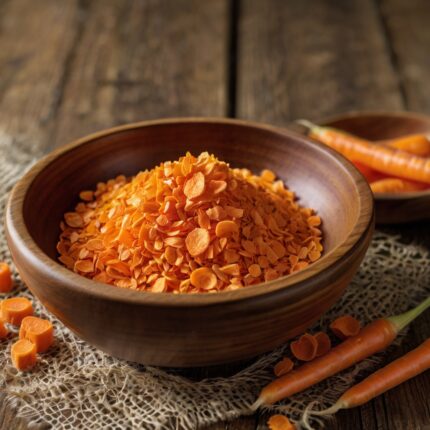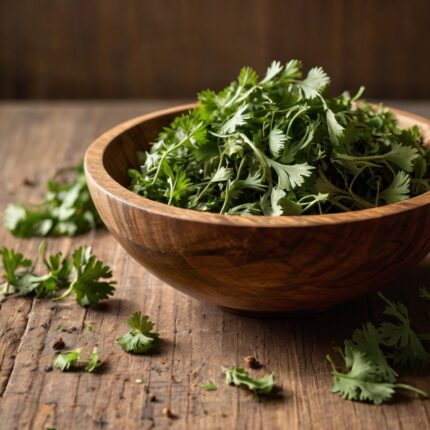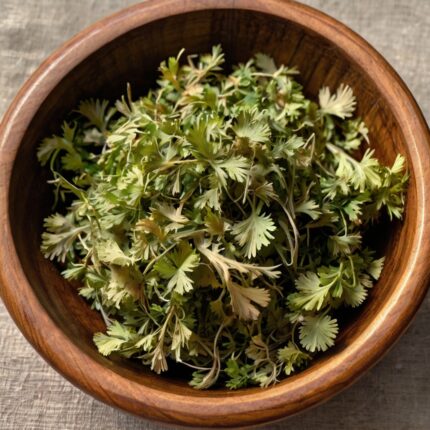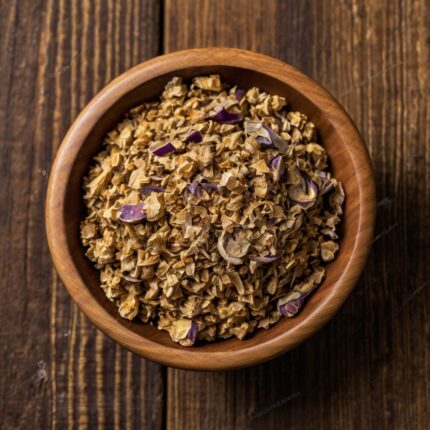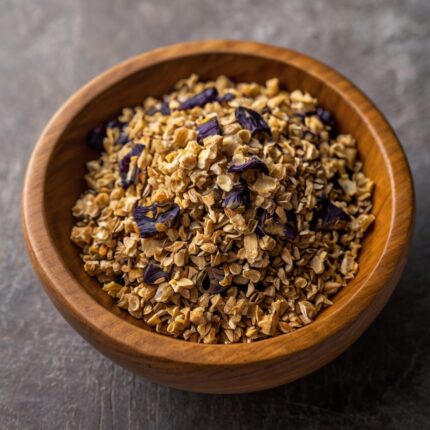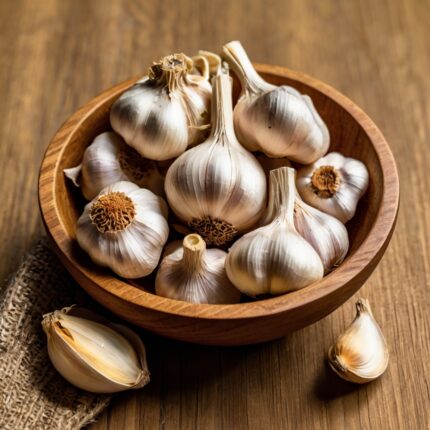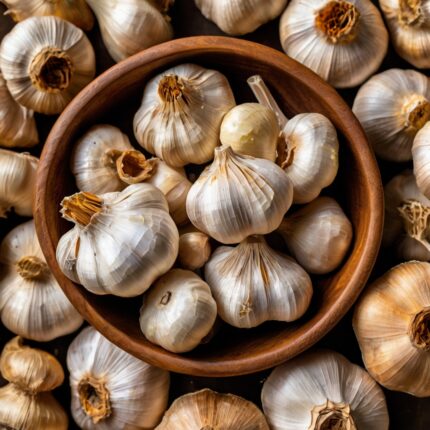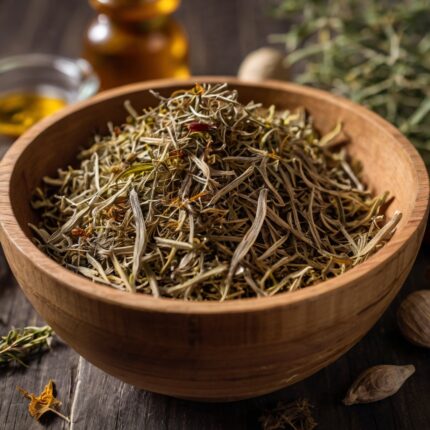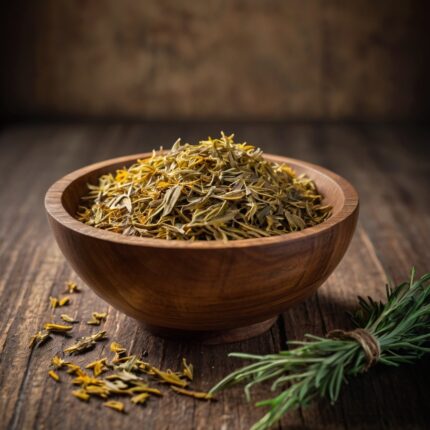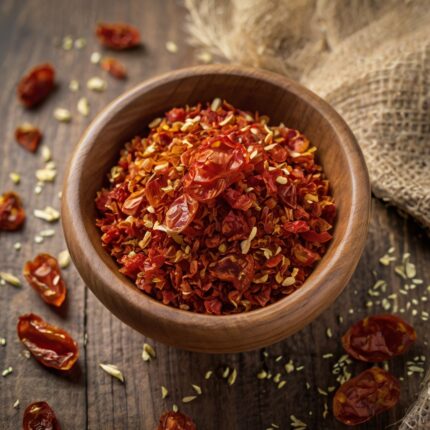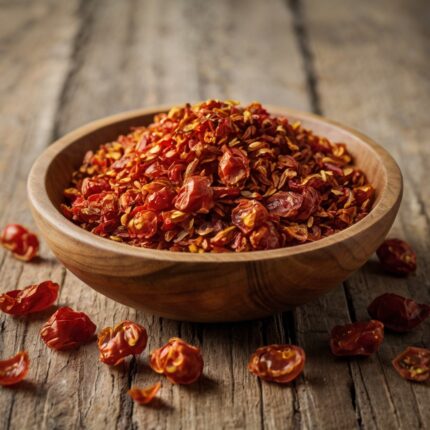Dried potato refers to potatoes that have been dried to remove moisture, enabling long-term storage and easy preparation. This product can come in various forms, such as flakes, granules, or slices. Dried potato products are often used to make instant mashed potatoes, potato soup, or as a base for other recipes. To rehydrate, dried potatoes are typically mixed with warm water or sauce.
Dried potato as a base ingredient:
Dried potato can be used in various ways, primarily in the food industry as well as in non-food applications. Some of its common uses include the following:
-
Food products:
- Instant mashed potatoes: Flakes or granules of dried potato can be rehydrated to prepare instant mashed potatoes.
- Potato flour: Dried potato can be turned into flour, which is used in gluten-free baking, thickening soups and sauces, and as a substitute for wheat flour in various recipes.
- Snacks: Dried potato can be turned into products like chips, fried potatoes, or other snack foods, which are prepared by rehydrating and then frying or baking.
- Soups and ready meals: Dried potato products, such as flakes or cubes, are often used in dry soup mixes and meal kit formulations.
-
Animal feed: Dried potato, especially in granular or pellet form, can be used as a nutritional source in livestock feed, providing a good source of carbohydrates.
-
Biodegradable plastics: Starch extracted from dried potato can be used in the production of biodegradable plastics, offering an eco-friendly alternative to petroleum-based plastics.
-
Alcohol production: Dried potato can be used to extract starch, which is then fermented to produce alcohol, particularly in the production of alcoholic beverages like vodka.
-
Cosmetic and pharmaceutical products: Starch and potato flour extracted from dried potato can be used in cosmetic and pharmaceutical products as binding agents, thickeners, or absorbents in various formulations.
| Nutritional | value per 100 grams of dried potato: |
| Calories | : 350–380kcal |
| protain | 5–7g |
| fat | 0.2–0.5g |
| Carbohydrates: | ~80–85grams |
| Dietary fiber: | 6–7 grams |
| sugar | 0.5–2 g |
| Sodium | : 1–5milligrams |
| Potassium: | 1,500–1,700 milligrams |
| Vitamin | C: 5–10milligrams |
| Vitamin B6: | 0.2–0.4milligrams |
| Iron | : 1–2milligrams |
| Magnesium | : 30–40milligrams |

